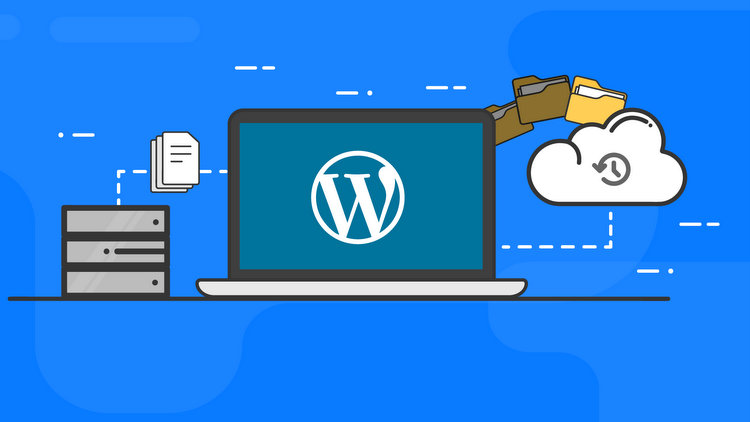A mobile operating system, also called a mobile OS, is an operating system that is specifically designed to run on mobile devices such as smartphones, mobile phones, PDAs, tablet computers and other mobile devices.
The mobile operating system is the software platform on top of which other programs, called application programs, can run on mobile devices.
Lifestyle of smart phone user is very important when it comes to choosing mobile OS. The popular mobile operating systems – Android, iOS, BlackBerry, Windows Phone Popular are mostly the best! These are those operating systems which run maximum numbers of mobile devices. Some are open source software, This means unlimited access to any anyone who wants to develop apps for the phone and places very little restriction on its licensing, so users benefit from a tonne of free content.
There are a number of mobile operating systems that power a variety of mobile devices from PDAs, smartphones, to Tablet PCs. Below are some of the popular mobile platforms:
Android
Android is world’s most popular open source mobile platform owned by Google and powered by the Linux-based operating system primarily designed for mobile devices such as smartphones, e-readers, Netbooks and tablet computers utilizing ARM processors. Android is currently the fastest growing smartphone operating system in the market and is expected to become the dominant platform in a few years due to its tremendous traction with a wide spectrum of users.
iOS
iOS (previously iPhone OS) is a mobile operating system developed and distributed by Apple Inc. Originally released in 2007 for the iPhone and iPod Touch, it has been extended to support other Apple devices such as the iPad and Apple TV. You can download more than 700,000 applications currently available on the App Store directly to any device running iOS, be it an iPhone or an iPad. Apple iOS supports the customized mobile application development too. Using the iOS SDK and Xcode, it’s easy to create amazing apps.
Symbian
Symbian is Nokia’s own operating system and currently maintained by Accenture. On 11 February 2011, Nokia announced that it would migrate from Symbian to Windows Phone 7.
Windows Phone
Windows Phone is a mobile operating system developed by Microsoft. Microsoft released its latest version of the Windows platform for mobiles in late 2010, which has been redesigned and rebuilt from the ground up with a greater emphasis on the user experience.
Blackberry OS
BlackBerry OS is a proprietary mobile operating system, developed by Research In Motion (RIM) for its BlackBerry line of smartphone handheld devices. This Mobile OS is focused on easy operation and was originally designed for business.
bada
Bada is a mobile operating system being developed by Samsung Electronics. Samsung claims that bada will rapidly replace its proprietary feature phone platform, converting feature phones to smartphones. To foster adoption of Bada OS, Samsung is reportedly considering releasing the source code under an open-source license, and expanding device support to include Smart TVs.
Open webOS
Open webOS, formerly HP webOS or simply webOS, is a mobile operating system based on a Linux kernel, initially developed by Palm, which was later acquired by Hewlett-Packard.
MeeGo
MeeGo is a Linux-based free mobile operating system project. Primarily targeted at mobile devices and information appliances in the consumer electronics market.
Maemo
Nokia and Maemo Community joined hands to produce an operating system for smartphones and internet tablets, known as Maemo. Like other devices the user interface of Maemo also comprised of a menu from which the user can go to any location.
Palm OS
Palm OS (also known as Garnet OS) is a mobile operating system initially developed by Palm, Inc., for personal digital assistants (PDAs) in 1996. Unfortunately it could not make a mark on the market and currently is not being used in any of the latest top devices. It has been 5 and half years since we saw the latest update of palm OS in 2007.
